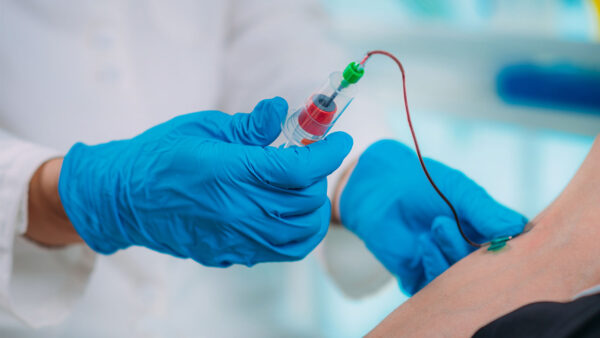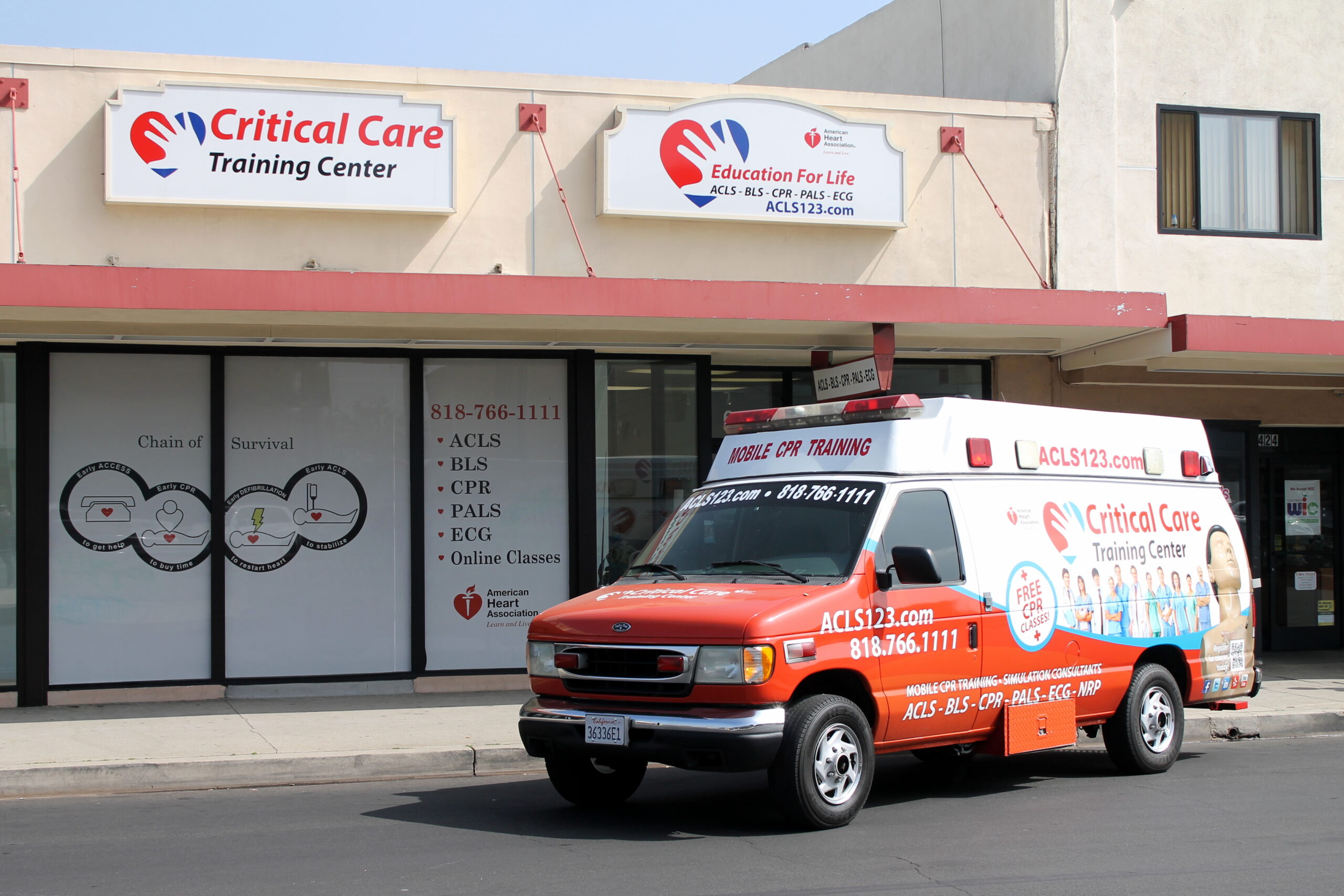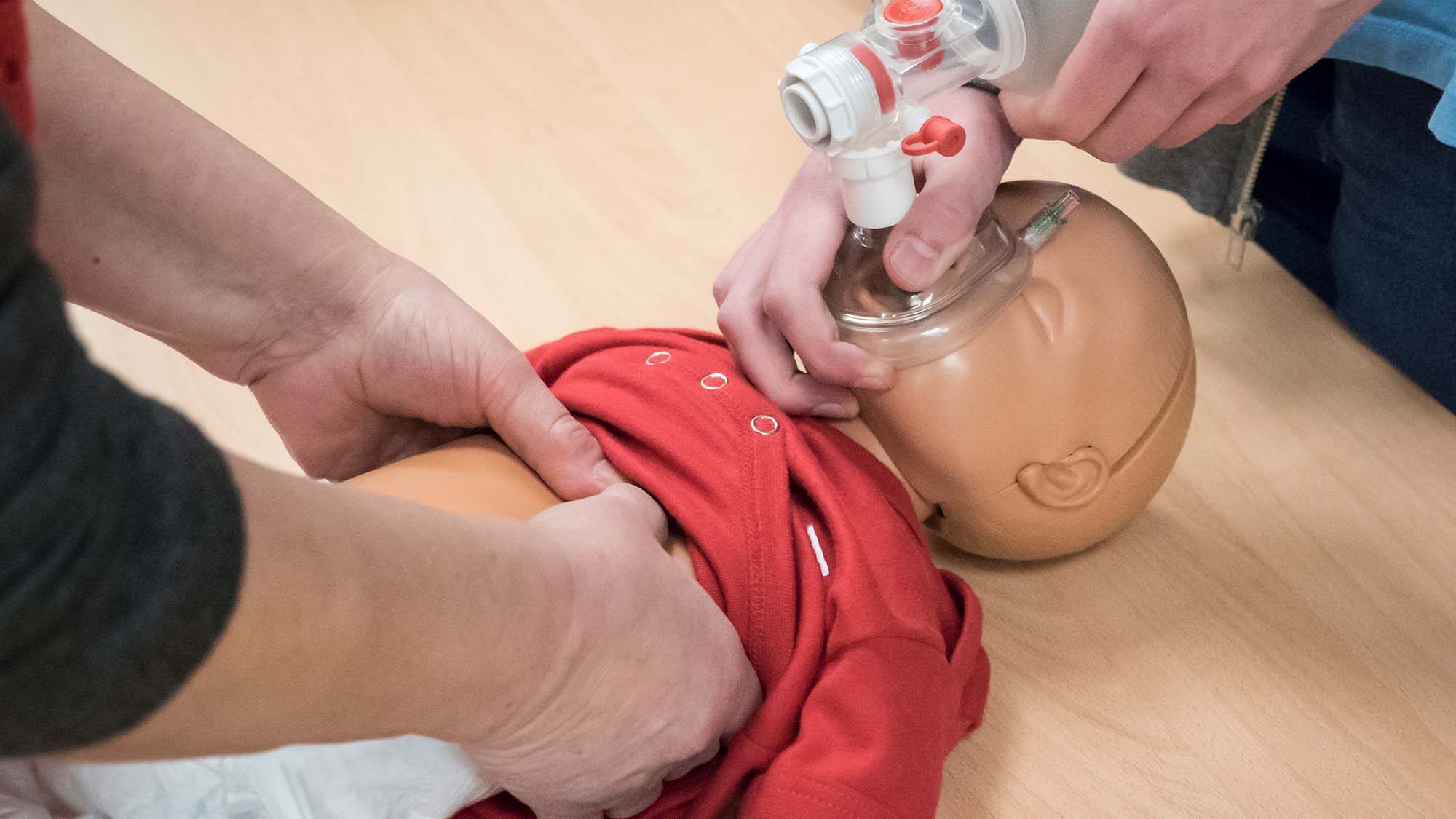A phlebotomist is a trained medical professional whose primary job responsibility is to collect blood samples from patients for various medical tests. These samples are collected using needles, syringes, or other equipment, and are then sent to laboratories for analysis.
The primary responsibility of a phlebotomist is to ensure that the collection of blood samples is done correctly and safely. This includes properly preparing the patient for the procedure, properly sterilizing the equipment, and properly collecting and handling the blood samples. In order to do this, a phlebotomist must have a deep understanding of human anatomy and physiology, as well as an understanding of the different types of medical tests that require blood samples.
In addition to collecting blood samples, a phlebotomist is also responsible for maintaining accurate records of the samples they collect, as well as the patients from whom they were collected. This includes noting any special instructions or precautions related to the collection of the samples, such as if the patient has a bleeding disorder or if the sample is being collected for a specific test.
Another important responsibility of a phlebotomist is ensuring that the patient is as comfortable as possible during the procedure. This may involve explaining the procedure in detail and answering any questions the patient may have, as well as using proper technique to minimize pain or discomfort. In addition, a phlebotomist must also be aware of and able to identify any potential complications or adverse reactions related to the procedure, and know how to respond to them.
It also includes maintaining the equipment and supplies that is needed for the collection, which includes ordering and stocking supplies as needed, maintaining accurate inventory of supplies and ensuring that equipment is in good working condition.
Phlebotomist also is responsible for maintaining their own professional development by keeping updated in the field by attending continuing education workshops, training sessions and reading professional publications.
In summary, a phlebotomist is a medical professional responsible for collecting blood samples from patients, in a safe and accurate way, maintaining accurate records of samples, and ensuring patient comfort during the procedure, as well as keeping their skills and knowledge updated through ongoing education.
Want to learn more about the Phlebotomy Program? CLICK HERE
QUESTIONS? 818.766.1111









